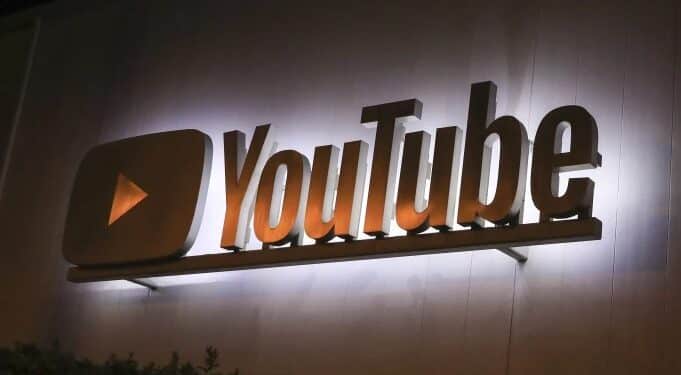Since its inception in 2005, YouTube has undergone a remarkable evolution, transcending its original identity as a simple video-sharing platform to become a cultural juggernaut that has revolutionized entertainment, education, and communication on a global scale.
YouTube’s journey began with humble origins, founded by three former PayPal employees who envisioned a platform where anyone could upload, share, and discover videos. What started as a repository for amateur home videos quickly snowballed into something much more profound. Today, YouTube boasts over 2 billion logged-in monthly users, with content spanning every conceivable topic and genre.
One of YouTube’s most significant contributions is its democratization of media production and consumption. Unlike traditional media outlets controlled by corporations, YouTube gives individuals a platform to create and distribute content without gatekeepers. This democratization has led to the rise of influencers, vloggers, and content creators who wield immense influence over their audiences, often rivaling that of traditional celebrities.
Furthermore, YouTube has redefined the way we consume entertainment. With its vast library of videos ranging from music and comedy to tutorials and documentaries, YouTube has become the go-to destination for entertainment across demographics. The platform’s recommendation algorithms, powered by machine learning, personalize content discovery, ensuring that users are continually exposed to videos tailored to their interests.
Beyond entertainment, YouTube has also emerged as a powerful educational tool. Channels dedicated to topics like science, history, and mathematics provide free access to high-quality educational content, making learning more accessible than ever before. Additionally, the platform has facilitated skill-sharing through tutorials and DIY videos, empowering individuals to acquire new skills and pursue their passions.
YouTube’s impact extends far beyond individual users; it has also transformed industries and catalyzed social movements. The platform has disrupted traditional media models, challenging the dominance of television networks and record labels. Independent musicians, filmmakers, and journalists can now reach global audiences without the need for expensive production or distribution infrastructure.
Moreover, YouTube has played a pivotal role in shaping cultural conversations and driving social change. From viral challenges to awareness campaigns, the platform has been instrumental in amplifying diverse voices and fostering community engagement. Movements like #MeToo and Black Lives Matter have gained momentum through YouTube, sparking dialogue and mobilizing supporters worldwide.
However, YouTube is not without its challenges. The platform has faced criticism for issues such as misinformation, copyright infringement, and algorithmic biases. Additionally, concerns about privacy, data security, and the exploitation of content creators have prompted calls for greater transparency and accountability.
In conclusion, YouTube has evolved from a simple video-sharing platform to a cultural phenomenon that has reshaped the way we create, consume, and interact with media. Its impact spans entertainment, education, and activism, making it an indispensable part of contemporary society. As YouTube continues to evolve, it will undoubtedly shape the future of media and communication in ways we have yet to imagine.
newshub



Recent Comments